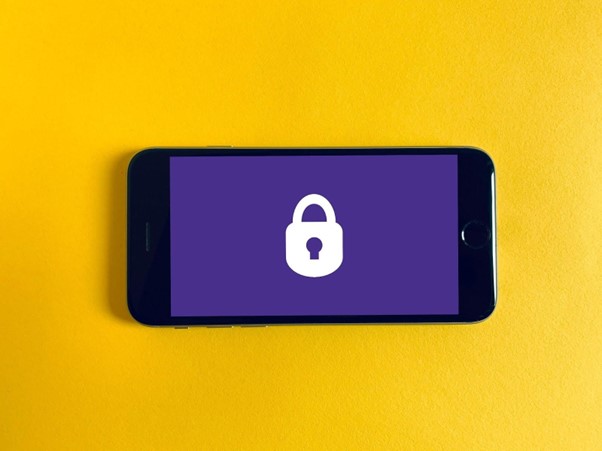With the increasing frequency of cyber threats, it is more important than ever for businesses to take cybersecurity seriously. In 2023, businesses face new and evolving threats that require a proactive and vigilant approach to protect sensitive data and systems.
Cybersecurity Tips To Protect Your Business
Here are seven cybersecurity tips to help your business stay safe in 2023 and beyond.
Get an SSL Certificate
Having a Secure Sockets Layer (SSL) certificate should be a priority on your website security checklist. This certificate can enhance the security of credit and debit card transactions and other personal information transfers.
SSL certificates provide encrypted communication between the website’s server and the user’s web browser. Encryption makes it difficult for malicious actors to intercept and access sensitive information like credit card details, bank account numbers, passwords, and email addresses.
Aside from protection, having an SSL certificate on your website signals credibility to visitors, as Google displays a padlock icon next to the URL to indicate that your website is secure.
Train Employees on Cybersecurity Best Practices
Employees can inadvertently expose businesses to security risks by falling for phishing scams, clicking on suspicious links, or using weak passwords.
To prevent ransomware attacks and other security breaches, ensure that employees understand the importance of cybersecurity by conducting regular training sessions that cover current and emerging threats.
This training can include teaching them how to identify phishing emails and other social engineering attacks, create and manage strong passwords, and recognize and avoid risky online behavior.
Additionally, it is important to communicate the consequences of failing to follow cybersecurity practices. Employers need to make it clear that cybersecurity is a shared responsibility, and everyone has a role to play in keeping the company’s data and systems secure.
Keep Software Up-to-Date

Ensuring that your website software, add-ons, and plugins are up-to-date is crucial to enhance website security. By keeping additional software updated, you ensure you have the latest security patches and fixes for known vulnerabilities, which prevents security threats and data breaches.
Furthermore, using safe, well-maintained plugins from reputable sources reduces the risk of malware or malicious attacks affecting your website. Downloading plugins from unofficial sources increases the risk of website infection with a computer virus. Such sources may not have the same level of security standards as verified sources.
Perform Regular Backups
It is essential to perform regular backups of your website files in case your server experiences malfunctions or undergoes a malicious attack.
One way to automate the backup process is to leverage extensions and plug-ins, saving your business time and ensuring regular backups. Your web hosting provider should offer backup services as part of your domain hosting subscription.
Use backup plugins and select a secure hosting service that utilizes blockchain technology to store your files so you can have peace of mind and know that your data is protected.
Use Strong Passwords
Passwords that contain personal information like dates of birth or names can easily be retrieved by hackers searching social media accounts and public domains. They can use sophisticated software to crack these passwords, which underscores the need to change them regularly and create stronger ones to mitigate such cybersecurity threats.
Many websites require users to generate passwords that are at least eight characters long and contain a combination of uppercase and lowercase letters, numbers, and special characters. Your business can have ongoing password security by setting a calendar reminder to change your credentials or users’ passwords regularly.
Conduct Security Audits

Conducting security audits is critical to ensure better website security. A security audit involves a comprehensive review of your website’s security features and practices, to identify any potential weaknesses that cybercriminals could exploit.
A security audit includes reviewing your website’s code and identifying any potential security flaws, assessing your hosting provider’s security practices, and evaluating your website’s current security features and protocols.
By conducting regular security audits, you stay on top of any new security threats and take proactive steps to mitigate potential risks. This process reduces the likelihood of a data breach or cyber attack, which results in costly downtime, reputational damage, and financial losses.
Invest in Good Hosting
Another cybersecurity tip is to select a domain hosting provider knowledgeable about various web security risks and is committed to providing guidance in the event of an issue. A good web host should regularly back up your website data to a remote server and make it easy to restore as needed.
Before purchasing a domain service from a web hosting provider, it is essential to investigate its security features thoroughly. You can consider the level of technical support they offer, their support team’s availability, and the contact methods available.
Takeaway
Cybersecurity threats will continue to be a major concern for businesses in 2023. By implementing these seven cybersecurity tips, you can help protect your business against cyber threats and maintain the trust of your customers and clients.
